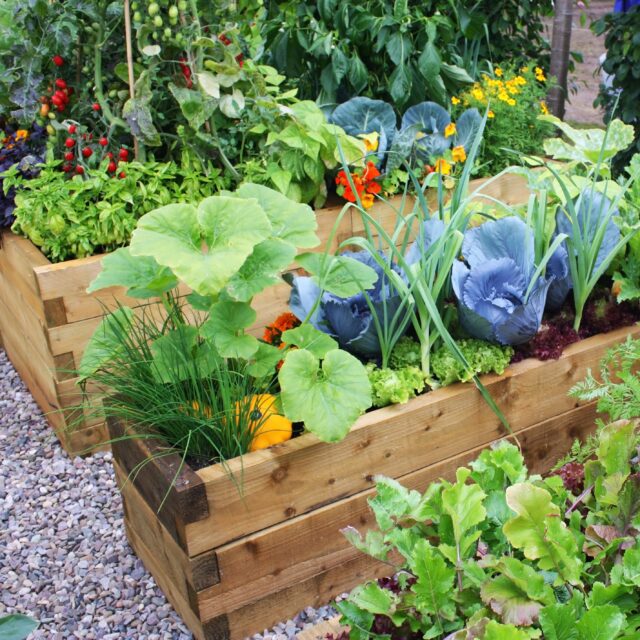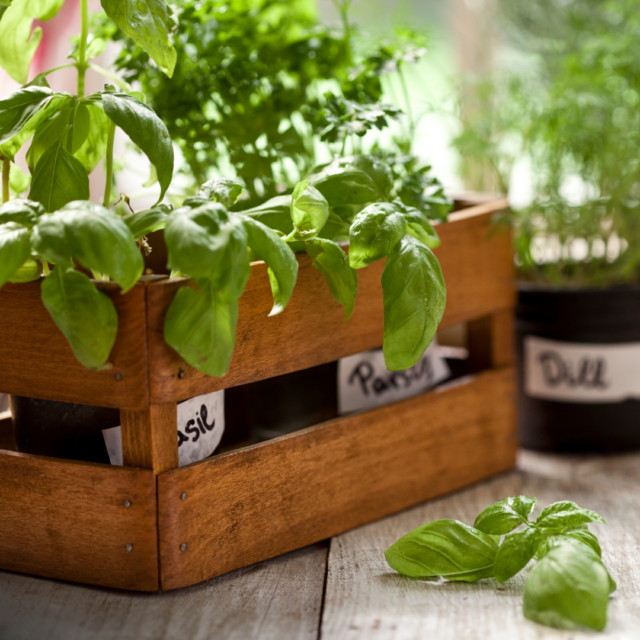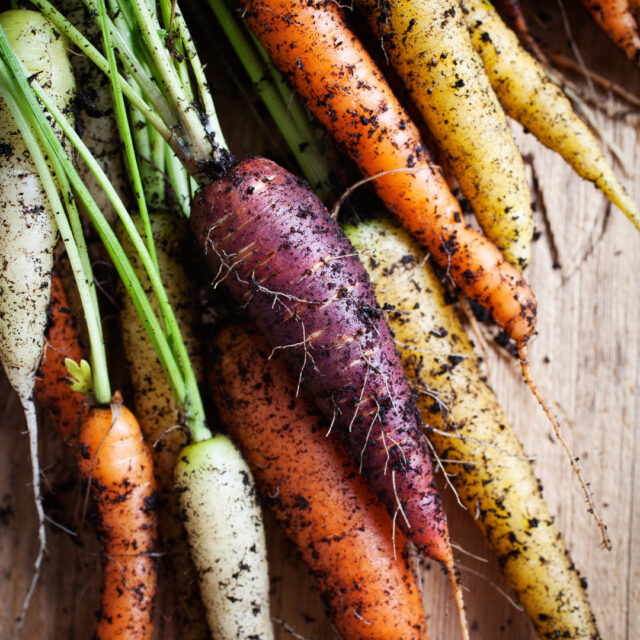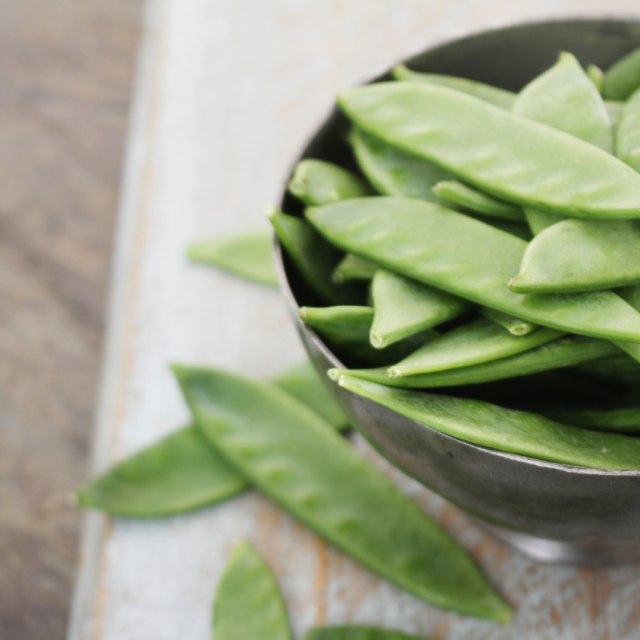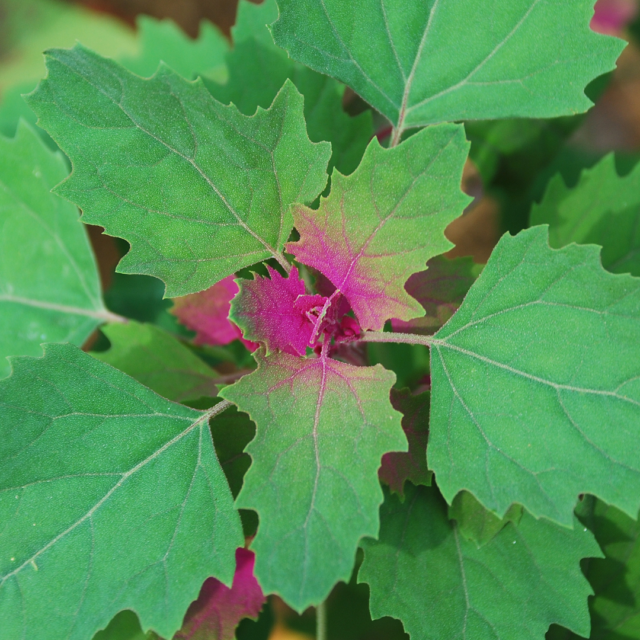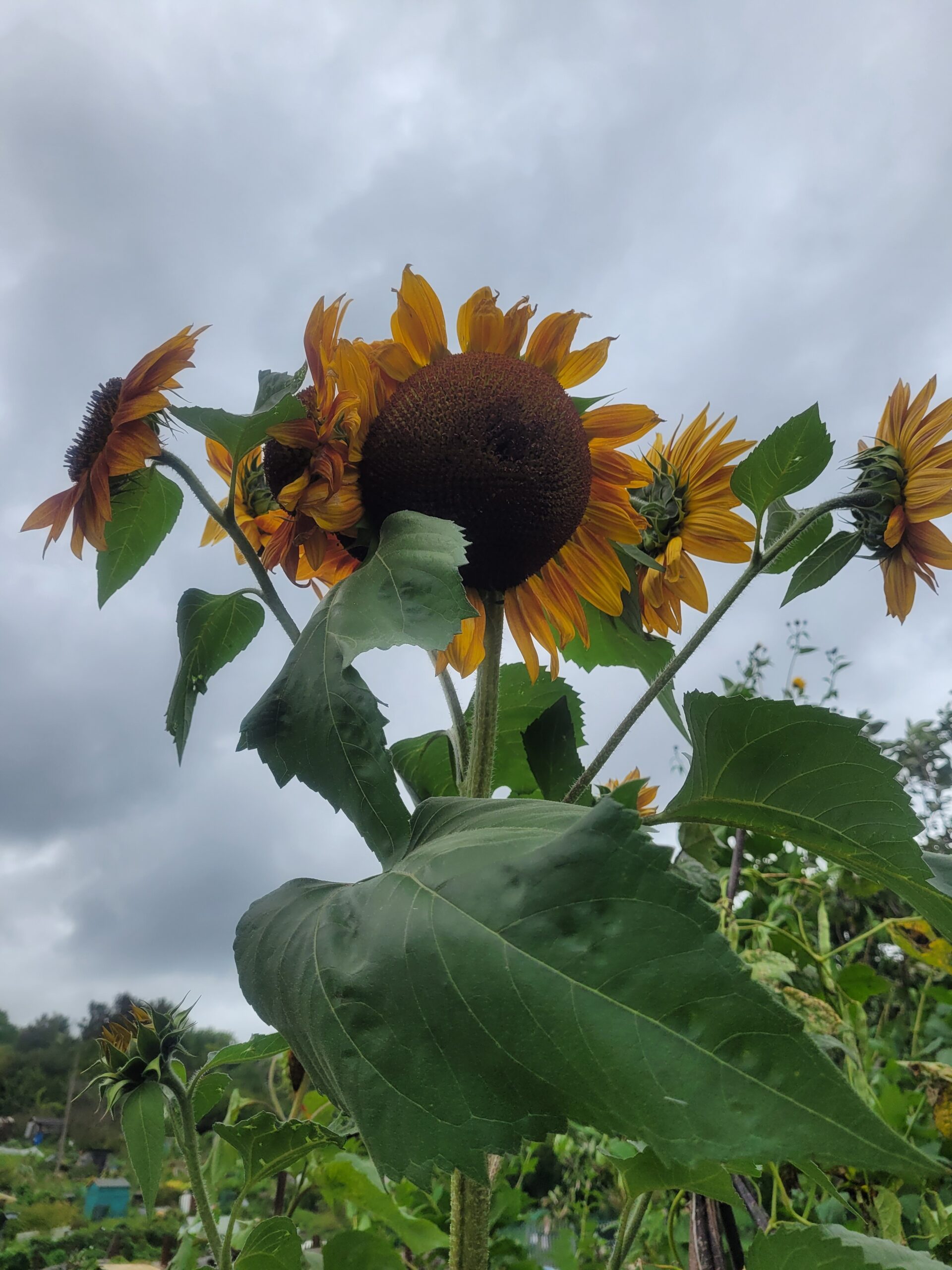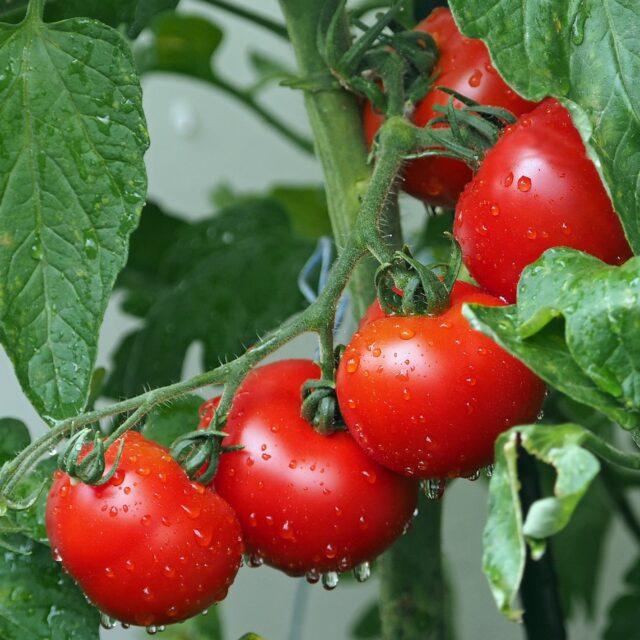As we bid farewell to the warmth of summer and embrace the cooler seasons of autumn and winter, it’s important to remember that the changing weather doesn’t have to mean a decline in our wellbeing. As the days grow shorter and temperatures drop, our gardens become sanctuaries of solace, and can become powerful allies in our battle against depression and anxiety during this time of year.
The Healing Power of Gardening
Gardening has long been recognized as a therapeutic activity that nurtures both the body and the mind. It offers a unique connection to nature and an opportunity to slow down, focus on the present moment, and cultivate something beautiful. Here’s how gardening can help:
Natural Stress Relief: Gardening allows you to escape the demands and stresses of daily life. As you dig your hands into the soil or tend to your plants, you’ll naturally experience a sense of calm and peace.
Exercise and Fresh Air: Even in colder months, gardening gets you outdoors and moving. Physical activity is a known mood booster and can help combat the lethargy often associated with depression.
Sense of Accomplishment: Watching your garden thrive and grow provides a sense of achievement. It’s a tangible reminder that you can nurture and create beautiful things, which can boost self-esteem.
Mindfulness and Mind-Body Connection: Gardening requires focus and attention, making it a form of mindfulness meditation. Engaging all your senses in the process can help ground you in the present moment, reducing rumination and worry.
Community Gardens for Connection
Community gardens are a unique and valuable resource, especially during autumn and winter. Here’s how they can benefit your mental health:
Social Connection: Gardening in a communal space fosters a sense of belonging. You can connect with fellow gardeners, share experiences, and build a support network.
Shared Responsibility: In a community garden, the responsibility is shared. This can alleviate the pressure of maintaining a garden alone, making it more manageable during colder months.
Learning Opportunities: Community gardens often provide workshops and classes, giving you a chance to learn new skills and deepen your connection to the gardening community.
Garden Access: If you lack space or the resources to maintain a garden at home, community gardens offer an accessible way to enjoy the benefits of gardening.
Gardening Tips for Autumn and Winter
Now that you’re ready to embrace the therapeutic benefits of gardening, here are a few tips for the colder seasons:
Choose Cold-Resistant Plants: Look for plants that thrive in cooler temperatures, such as pansies, chrysanthemums, and kale.
Protect Your Garden: Use mulch to insulate the soil and protect your plants from frost. Cover delicate plants with cloths or plastic sheets during particularly cold nights.
Plan for Spring: Autumn and winter are great times to prepare for spring planting. You can start seeds indoors or plan your garden layout for the upcoming season.
Remember, gardening isn’t just a hobby; it’s a form of self-care that can significantly improve your mental and emotional well-being. So, as the leaves change and the days grow shorter, consider embracing the therapeutic power of gardening to nurture both your garden and your soul.
Happy gardening, and may your autumn and winter be filled with growth and tranquillity!
